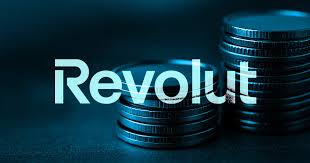Michigan has become the 20th U.S. state to explore a digital currency-backed reserve with the introduction of House Bill 4087.
Sponsored by Representatives Bryan Posthumus and Ron Robinson on February 13, the bill proposes allowing the state treasurer to invest up to 10% of the State’s general fund and economic stabilization fund in cryptocurrency.
According to the terms of the bill, the state treasurer would be responsible for holding and managing these crypto investments through a “secure custody solution,” a “qualified custodian,” or an “exchange-traded product” offered by a regulated investment company.
The bill also paves the way for crypto lending, permitting the treasurer to loan cryptocurrency and generate additional returns, provided it does not “increase the financial risk to this state.”
Beyond investments and lending, the bill addresses how cryptocurrency payments to the state will be handled. It mandates that any taxes or fees paid in crypto must be deposited into the general fund. If a payment was initially designated for another fund, the treasurer must reimburse that fund in fiat currency equivalent to the crypto received.
With this move, Michigan joins 19 other U.S. states that are considering a cryptocurrency strategic reserve, each at different stages of the legislative process. However, experts predict Utah may be the first to pass such a bill. Its 45-day legislative timeline—the shortest in the country—positions it for swift action, while its dedicated digital asset task force has consistently pushed crypto-related laws toward approval.
Similarly, Texas lawmakers have reintroduced Senate Bill 21 (SB 21) to establish a state-run Bitcoin reserve with broader cryptocurrency investments and increased financial flexibility. Filed on February 12 by Senator Charles Schwertner, the bill expands on an earlier proposal, granting financial experts more control over reserve management.
If passed, Texas would be the first state to create a Strategic Bitcoin Reserve, a move Schwertner says will boost innovation and economic growth. Unlike a passive holding, the reserve can buy, sell, and manage assets. SB 21 also permits investments in digital assets with a market cap above $500 billion, currently only met by Bitcoin.
If you want to read more news articles like this, visit DeFi Planet and follow us on Twitter, LinkedIn, Facebook, Instagram, and CoinMarketCap Community.
“Take control of your crypto portfolio with MARKETS PRO, DeFi Planet’s suite of analytics tools.”





















